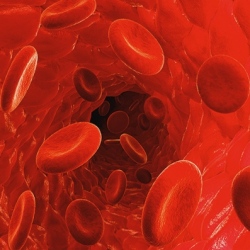
Health care is starting to effectively use information from the genome to diagnose and treat disease. Nowhere is this more crucial than in the treatment of cancer, from which 7.6 million people in the U.S. die each year, and for which we spend $87 billion a year on treatment.
One of the reasons cancer is so difficult to treat is that current testing methods often don’t help doctors match specific cancers with effective drug treatments. And it’s a moving target, cancer cells are constantly changing, mutating.
Biopsy tests are crucial for showing the look and makeup of a tumor, but less good at giving doctors clues about which drugs the cancer might respond to. Biopsies are usually performed at the initial diagnosis, then often abandoned because of risk of infection and cost.
Enter Foster City, Calif.-based Guardant Health, which has developed a blood test that can detect changes in the genetic structure of cancer cells over time. The test has become known as a “liquid biopsy” because it requires no tissue excision, just a couple of teaspoons of blood from the patient.
The test captures dead genetic material that has sloughed off living cancer cells and entered the blood stream. Sequencing the DNA from that material can provide vital clues to the current state of the cancer, and to which drug therapies to try.
After an oncologist orders a test, Guardant sends out a small kit for taking the blood from the patient. The doctor collects a couple of teaspoons of blood then Fed Exes the sample back to Foster City where Guardant does some targeted DNA sequencing on the dead cancer cells. Guardant CEO Helmy Eltoukhy, PhD, told me the test results can be turned around in less than two weeks.
